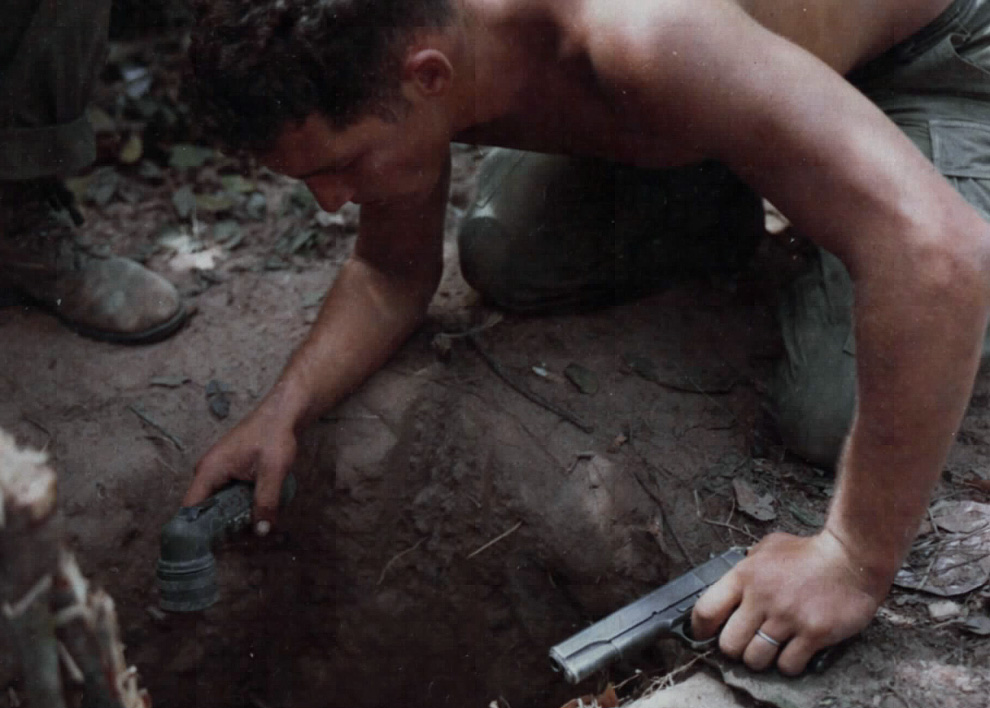Time: April 15, 1912
Place: Atlantic Ocean, 41.46 N., 50.14 W
 |
| The Voyage of the Titanic
GNU image from Wikipedia.
|
This blog supports History Moments, the largest and most consequential treasury of history writers online. The most important events told by the most important historians. http://historyweblog.com/
 |
| The Voyage of the Titanic
GNU image from Wikipedia.
|

 |
| The Voyage of the Titanic
GNU image from Wikipedia.
|
 |
A
Public domain image from Wikipedia.
|
 |
| The Voyage of the Titanic
GNU image from Wikipedia.
|
 |
| Modern reenactment of a Viking battle. CC BY-SA 3.0 image by Tone from Wikipedia. |
 |
Palmerston
Addresses the House of Commons 1863
Public domain image from Wikipedia.
|
 |
| The city of
Public domain image from Wikipedia.
|
Epigonoi,at least if Homer was really the composer of that Epic.
33. But much more about them is reported by the people of Delos than by any others. For these say that sacred offerings bound up in wheat straw are carried from the land of the Hyperboreans and come to the Scythians, and then from the Scythians the neighboring nations in succession receive them and convey them Westwards, finally as far as the Adriatic: thence they are sent forward towards the South, and the people of Dodona receive them first of all the Hellenes, and from these they come down to the Malian Gulf and are passed over to Euboea, where city sends them on to city till they come to Carystos. After this Andros is left out, for the Carystians are those who bring them to Tenos, and the Tenians to Delos. Thus they say that these sacred offerings come to Delos; but at first, they say, the Hyperboreans sent two maidens bearing the sacred offerings, whose names, say the Delians, were Hyperoche and Laodike, and with them for their protection the Hyperboreans sent five men of their nation to attend them, those namely who are now called Perphereës and have great honors paid to them in Delos. Since however the Hyperboreans found that those who were sent away did not return back, they were troubled to think that it would always befall them to send out and not to receive back; and so they bore the offerings to the borders of their land bound up in wheat straw, and laid a charge upon their neighbors, bidding them send these forward from themselves to another nation. These things then, they say, come to Delos being thus sent forward; and I know of my own knowledge that a thing is done which has resemblance to these offerings, namely that the women of Thrace and Paionia, when they sacrifice to Artemisthe Queen,do not make their offerings without wheat straw.
 |
| The city of
Public domain image from Wikipedia.
|
 |
| The city of
Public domain image from Wikipedia.
|
 From the latest happenings in things historical. This article Bring Back the Serialized Novel was published 15 days ago in The Washington Post. The article’s author is Hillary Kelly.
From the latest happenings in things historical. This article Bring Back the Serialized Novel was published 15 days ago in The Washington Post. The article’s author is Hillary Kelly.
 |
Vercingetorix's surrender to Caesar after the
Siege of Alesia in 52 BC.
Public Domain from Wikipedia.
|
 |
Vercingetorix's surrender to Caesar after the
Siege of Alesia in 52 BC.
Public Domain from Wikipedia.
|
 |
Vercingetorix's surrender to Caesar after the
Siege of Alesia in 52 BC.
Public Domain from Wikipedia.
|
 |
My favorite
historian, Douglas
Southall Freeman (1886 – 1953),
c. 1916 as the new editor of the Richmond News Leader.
Public domain image from Wikipedia.
|
 |
Vercingetorix's surrender to Caesar after the
Siege of Alesia in 52 BC.
Public Domain from Wikipedia.
|
 |
Vercingetorix's surrender to Caesar after the
Siege of Alesia in 52 BC.
Public Domain from Wikipedia.
|